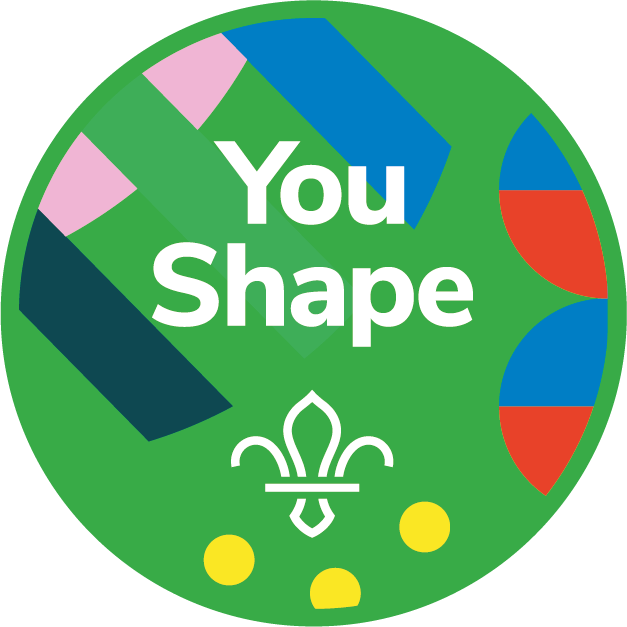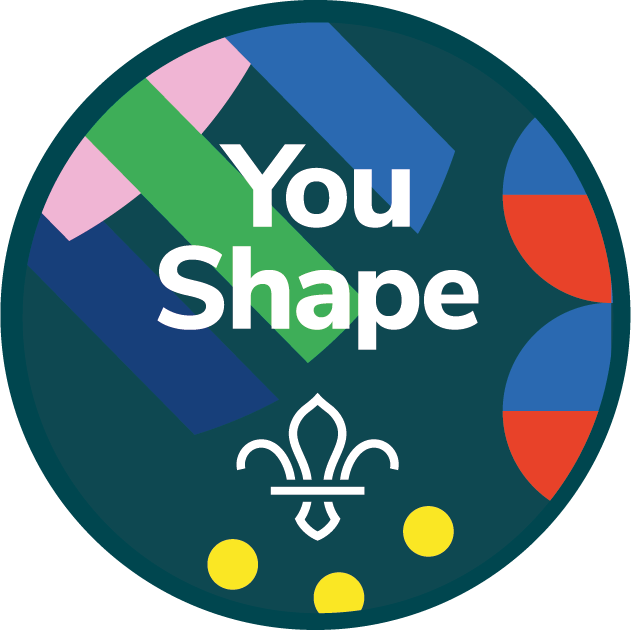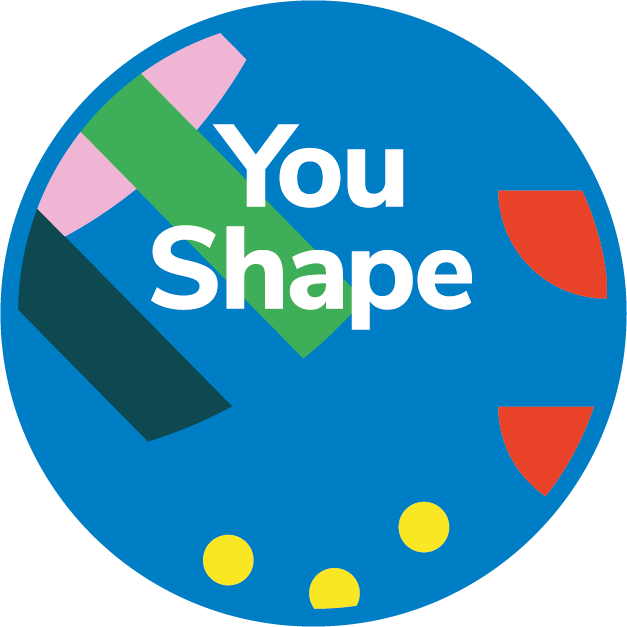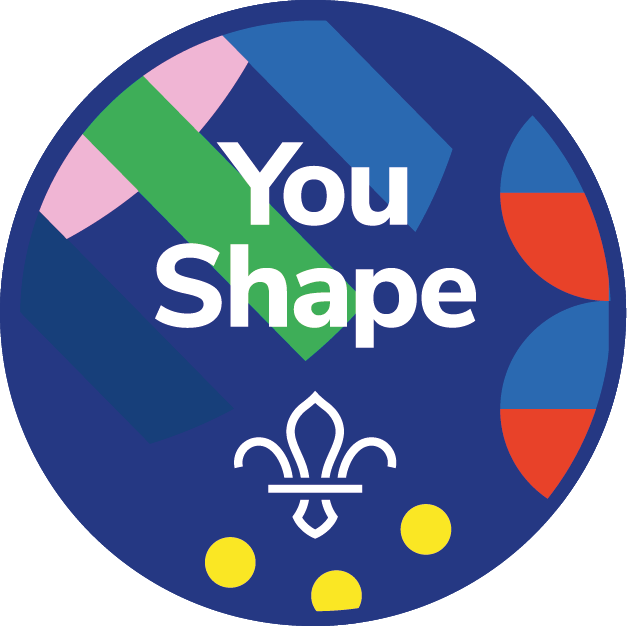Getting personal
You’ll need
- Scissors
- Pens or pencils
- What am I good at and expand your skills sheet
Explain the challenge
- Everyone should get into a circle.
- The person leading the game should help everyone talk about and understand the purpose of the Personal Challenge Award.
- Anyone who wants to should share an example of how they’ve done their best, shown their Scout values, or challenged themselves.
Explore your strengths
This isn’t the only way to choose Personal Challenge Awards, it’s just one option.
- Split into small groups. Give each group a set of ‘What am I good at?’ cards.
- Each person should carefully choose one card that says something they’re good at. Each set of cards has one blank card, so a group can add another strength in if they want to.
- Everyone should talk with their group about why they chose their card, what makes them good at that thing, and an example.
- Everyone in the group should swap cards, so everyone is holding another person’s card. This is the strength they’ll try to develop with their Personal Challenge Award.
- Everyone should think of a challenge related to that award – a task which would help them to learn, develop, or expand a skill.
- Give everyone a piece of paper. They should write their name and their challenge down.
- The person leading the activity should check everyone’s challenges, and help people make sure their choices are sensible. Once they’ve checked an idea, they should fold them up and put them in a container.
- Each week, the person leading the meeting should pull out a couple for everyone to talk about. How are they going? How are people finding their challenge? What have they learned?
- The person leading the activity should choose how they’ll celebrate completed challenges. Maybe you could celebrate as a group, then stick the challenge on a poster to celebrate each person’s achievement.
Reflection
You might want to reflect in smaller groups, or one on one, as well as in whole group. Make sure you celebrate people’s successes, and say well done.
This activity gave you a chance to persevere more. Did you have to work hard to complete your challenge? Did you stay focused? Did you have any setbacks? What did you go to overcome any difficulties?
This activity also let you think about well-being. How did you feel before you started your challenge? How do you feel now? Do you feel more confident, or happier? Do you feel satisfied? Was it worth putting the effort in to get better at something?
Safety
All activities must be safely managed. You must complete a thorough risk assessment and take appropriate steps to reduce risk. Use the safety checklist to help you plan and risk assess your activity. Always get approval for the activity, and have suitable supervision and an InTouch process.
- Scissors
Supervise young people appropriately when they’re using scissors. Store all sharp objects securely, out of the reach of young people.
Everyone’s challenge will be different and personal to them. Their challenge will depend on their situation, ability, interest, and skills.
If people are comfortable sharing their challenges, you could make a display where you track everyone’s progress.
People don’t have to share their challenge with everyone else, if they don’t want to.
Everyone’s challenge should be difficult, but something they can do with some effort, commitment, and support. Remember that the challenge of an activity is different for every person – something might be easy for one person, and really tricky for another. All of the challenges should be specific to the abilities and attributes of each person.
If you're not able to print the sheets, you could; display them on a screen for everyone to read, hand write them on scrap paper, read it to the group, or send the documents home in advance of the meeting and ask parents to print at home.
All Scout activities should be inclusive and accessible.
You could run this activity alongside team games and problem-solving activities, to work towards some requirements of other Challenge Awards.
Remember that to complete their Personal Challenge Award, everyone also needs to complete a personal challenge chosen by their neighbour.
Everyone should be able to choose their own challenges in this activity.




